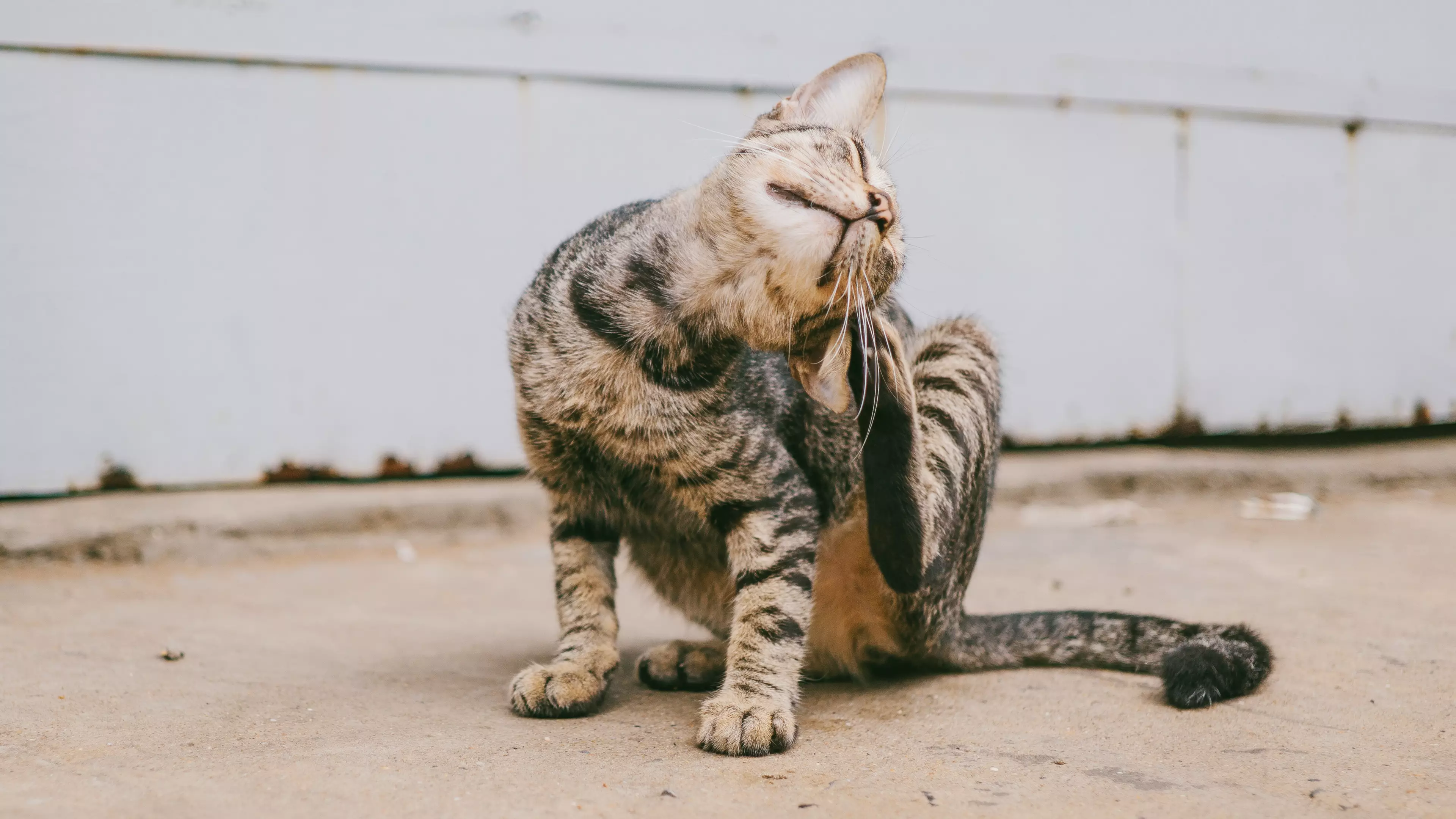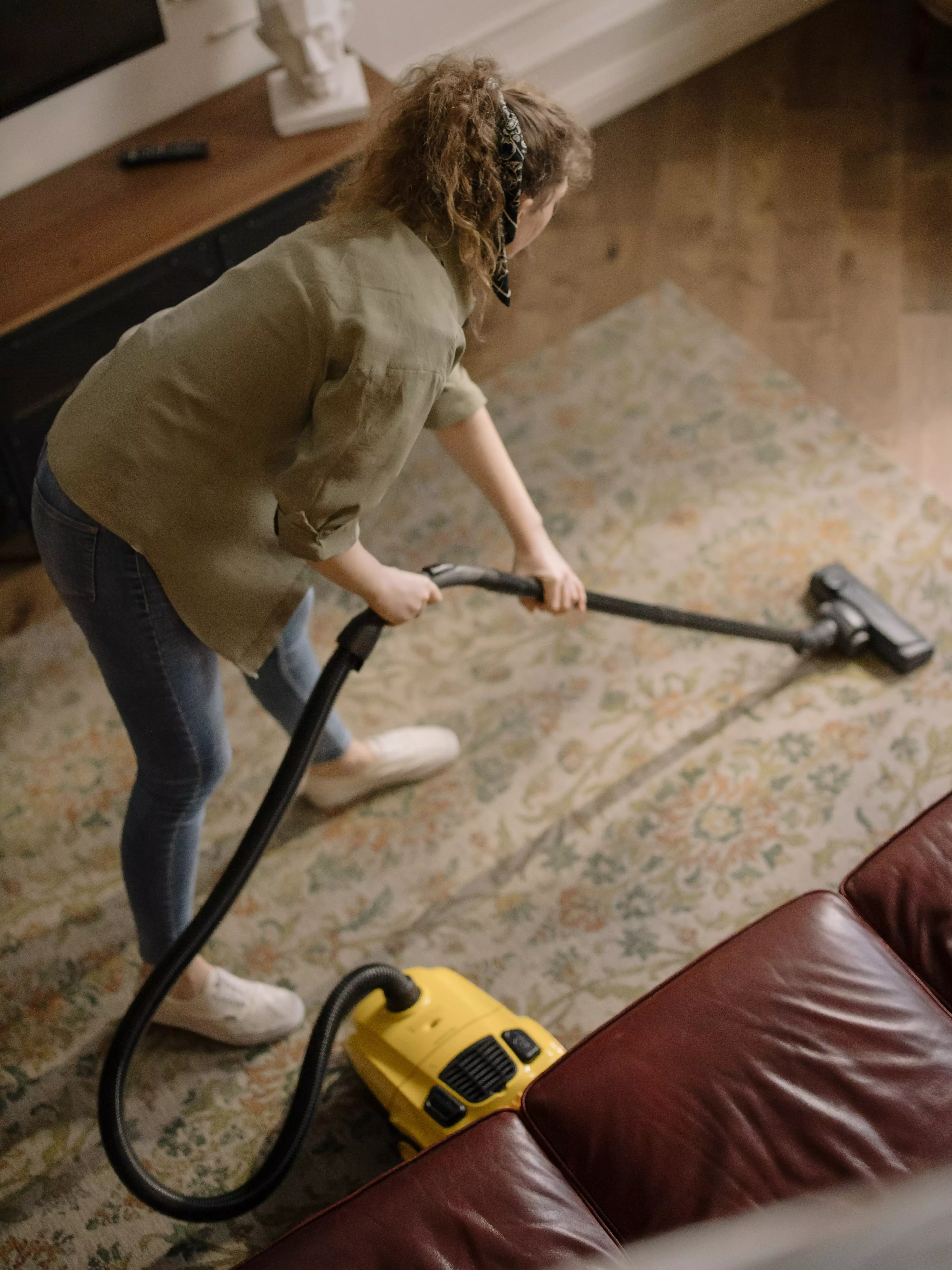
The staggering rise of coronavirus cases across the country has seen us put under a strict new lockdown for the start of 2021.
Prime Minister Boris Johnson has urged that everyone must "stay at home", which sees the vast majority of us stuck inside for the foreseeable future.
With millions of people now working from home, and with the UK bracing itself for a cold snap, many will be reaching for the thermostat to keep themselves nice and toasty.

But by doing that, people are inadvertently providing fleas with the optimum conditions needed to multiply.
Advert
Warm environments lead to flea infestations. Flea pupae - the cocoons in which fleas encase themselves in - can lie dormant in homes for months and will start hatching when temperatures rise. The warmer the home, the faster flea eggs develop into adults.
Dr. Karlien Heyrman, Head of Pets for Pets at Home, explained: "If left untreated, long term flea infestations can cause real suffering for pets - including dogs, cats and even small furries.
"Repeated bites can be uncomfortable and itchy for the pet, sometimes resulting in hair loss or a secondary skin infection. Fleas can and may also bite humans in the most serious of cases."

Dr. Heyrman warns that preventing a flea infestation is easier than treating one. While only adult fleas live on your pet, the eggs and pupae can survive in the environment. If your pets have fleas, you must treat your house, including cleaning your soft furnishings, your bedding and your car with a household flea spray.
Advert
Dr. Heyrman advises that all pet owners should treat their furry babies with a preventative flea treatment to protect against parasites all year round.
But if you do believe your pet has caught fleas, you need to check your pet's coats for fleas and flea droppings, by running a special fine-tooth flea comb through your pet's fur and wiping it over a wet piece of kitchen roll to check for fleas or flea dirt. If there are fleas or dropping present, it will turn reddish-brown.

Once you've treated your surroundings, you should vigorously vacuum carpets, floorboards and skirting boards, and throw away the vacuum cleaner dustbag or empty the canister after each clean.
Advert
For more tips and advice about fleas, ticks and worms, visit Pets at Home's Pet Talk page.
Featured Image Credit: Pexels